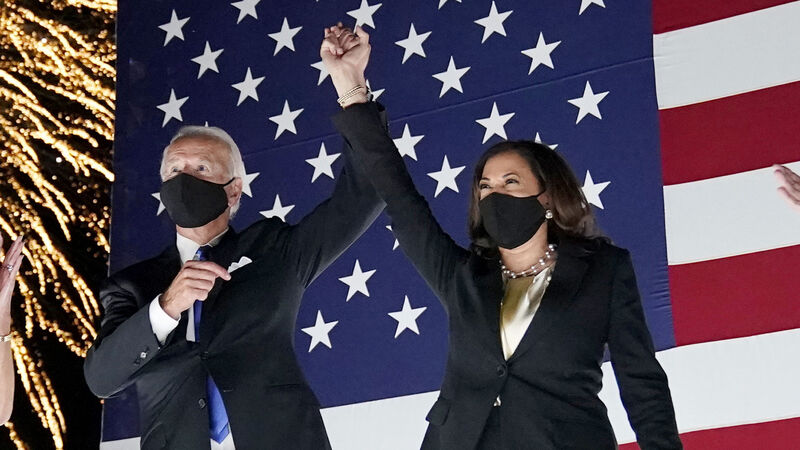Irish Examiner View: A defining challenge approaches in US election

As Joe Biden, the challenger in November's White House election made his acceptance speech to the virtual Democratic convention overnight, America's coronavirus death toll climbed towards 180,000 while the number of recorded cases nudged the 6m milestone.
Cultural resistance to the disciplines needed, especially wearing face masks, to try to contain the pandemic has played a significant role in this carnage.













